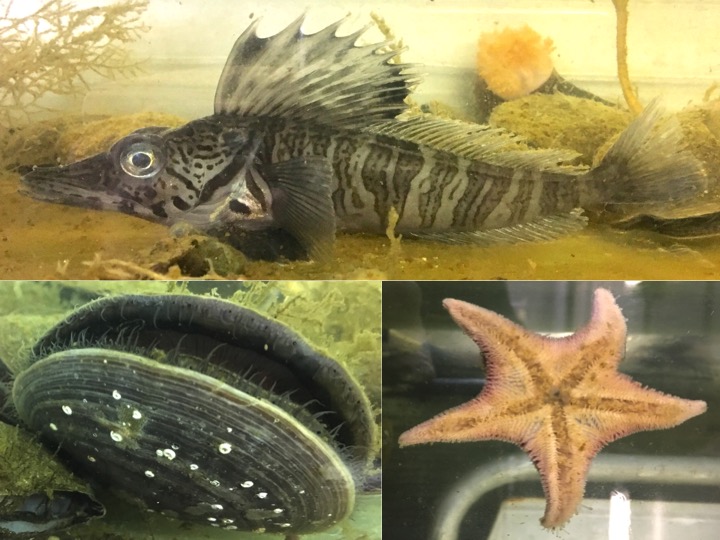eukaryotes
Type of resources
Topics
INSPIRE themes
Keywords
Contact for the resource
Provided by
Formats
Representation types
status
Scale
-

Antarctic aquatic eukaryotic biodiversity provides an unlimited and largely unexploited source of bioactive molecules that may be utilized for the benefit of human health. The aim of our proposal is to probe antibiotic and anticancer properties of these molecules isolated from a selected panel of freshwater and marine eukaryote species, that can be sampled in the area of MZS with no impact on local biodiversity and can, in large measure, be cultivated and/or maintained in laboratory for long periods at very reduced costs. The sampling of species will be conducted on Protists (ciliates and dinoflagellates), Rotifera (bdelloids), obtaining sponge primmorphs, collecting fish body surface mucus, sequencing transcriptomes from Protists, Rotifers, Echinoderms, and Tunicates to be scanned for genes expressing antimicrobial peptides and enzymesproducing bioactive metabolites. The targets of the project are: i) to sample Protists, Rotifers and macroeukaryotes from marine and freshwater environments, ii) to culture Protists, Rotifers, andobtain demosponge primmorph cultures, iii) to sequence transcriptomes to be added to transcriptomes already obtained by the proposing groupand to identify putative candidate peptides, iv) to obtain purified biochemical fractions from Protists, Rotifers, primmorph and fish surface mucus,v) to test produced fractions and synthetic peptides for their in vitro anticancer and antibiotic activities. The proposal involves three research unitsof the Universities of La Tuscia, Trieste and Camerino, and one unit of the National Research Council in Naples. These units maintain solid and documented relationships of collaboration with a multi-year experience in Antarctic eukaryotic physiology, biochemistry and molecular biology.The proposal can also rely on the official collaboration with the laboratories of Prof. Ian Hawes and Prof. Chris Battershill from the University ofWaikato (NZ), with experience in Antarctic freshwater biology and bioactive molecules.